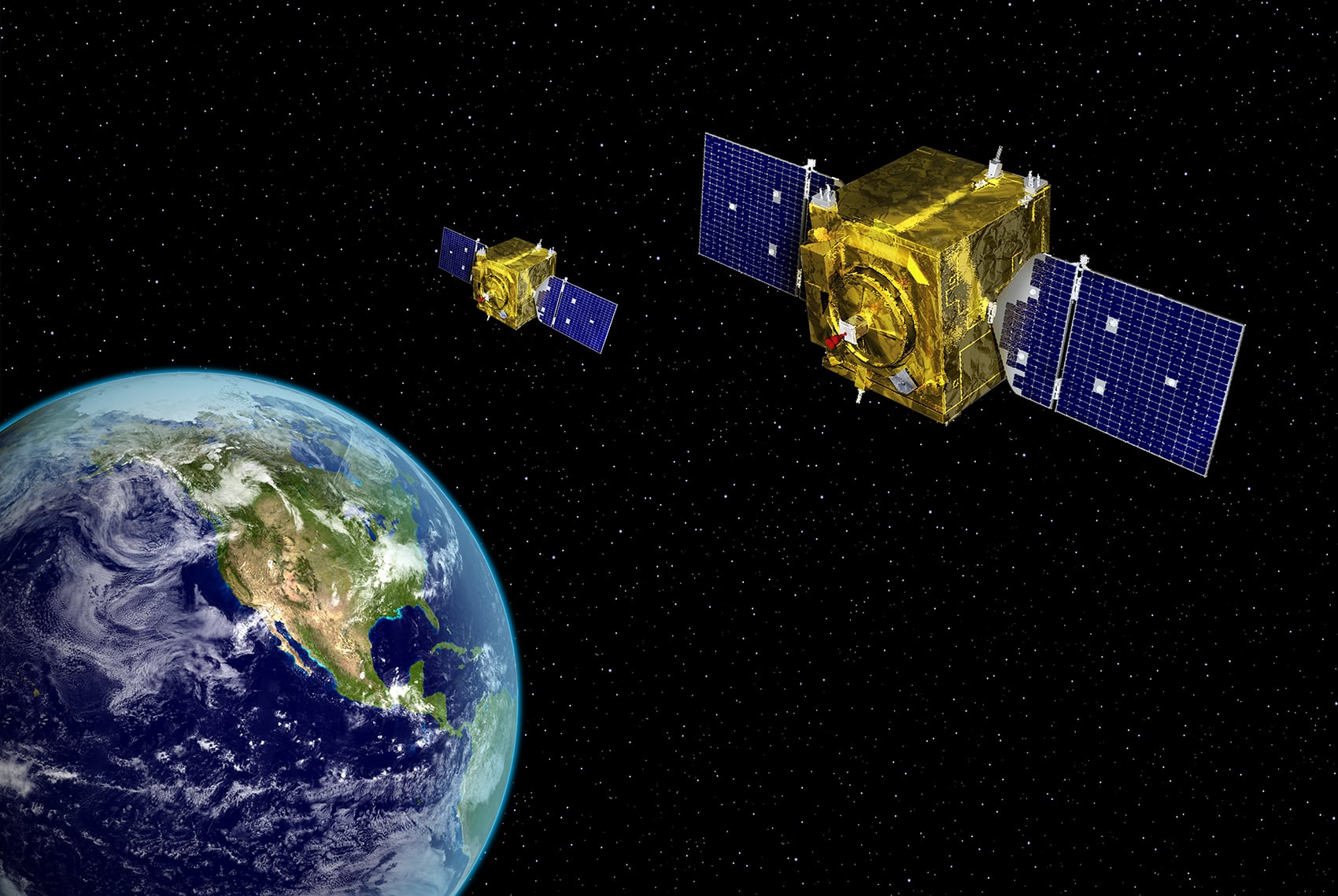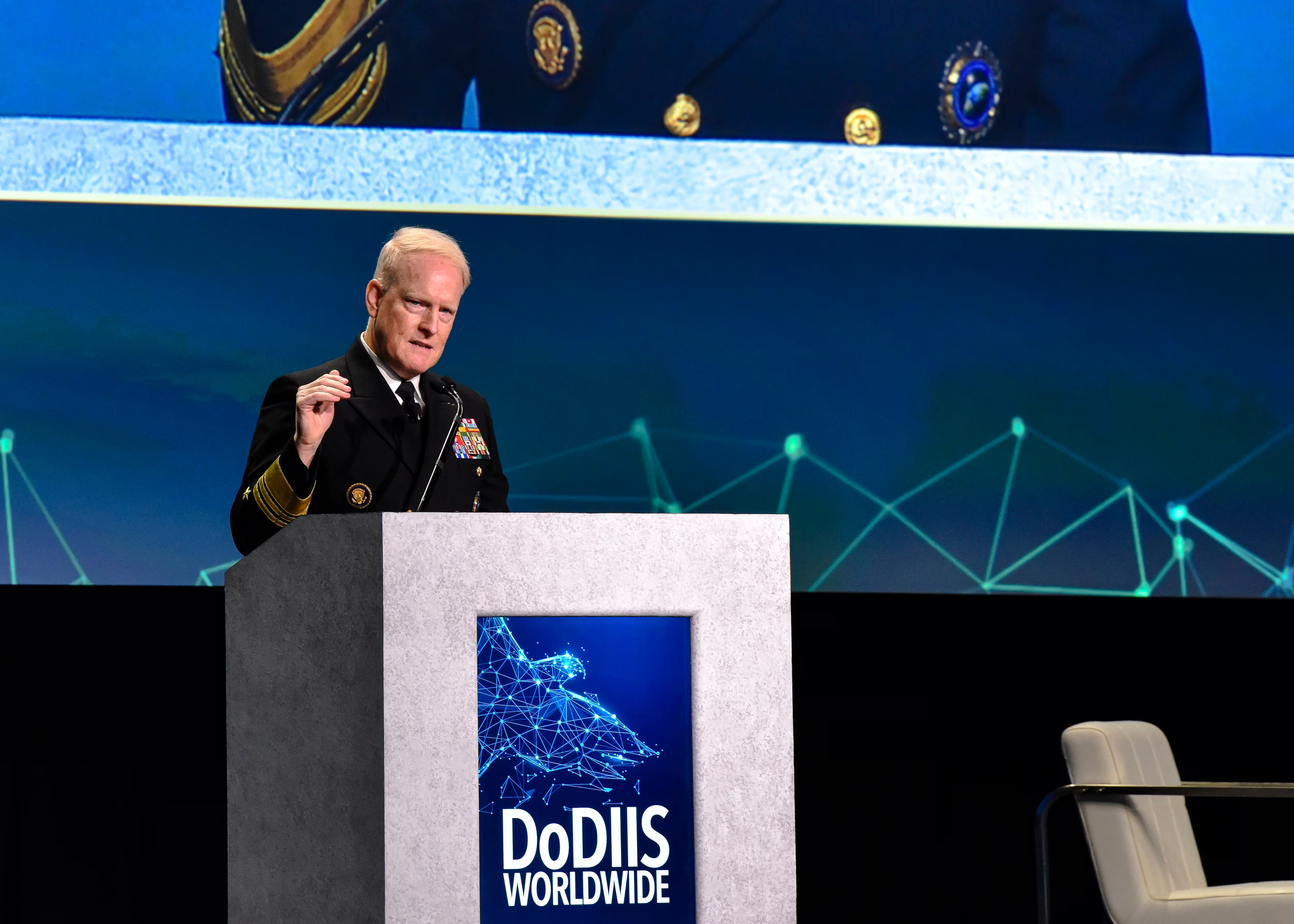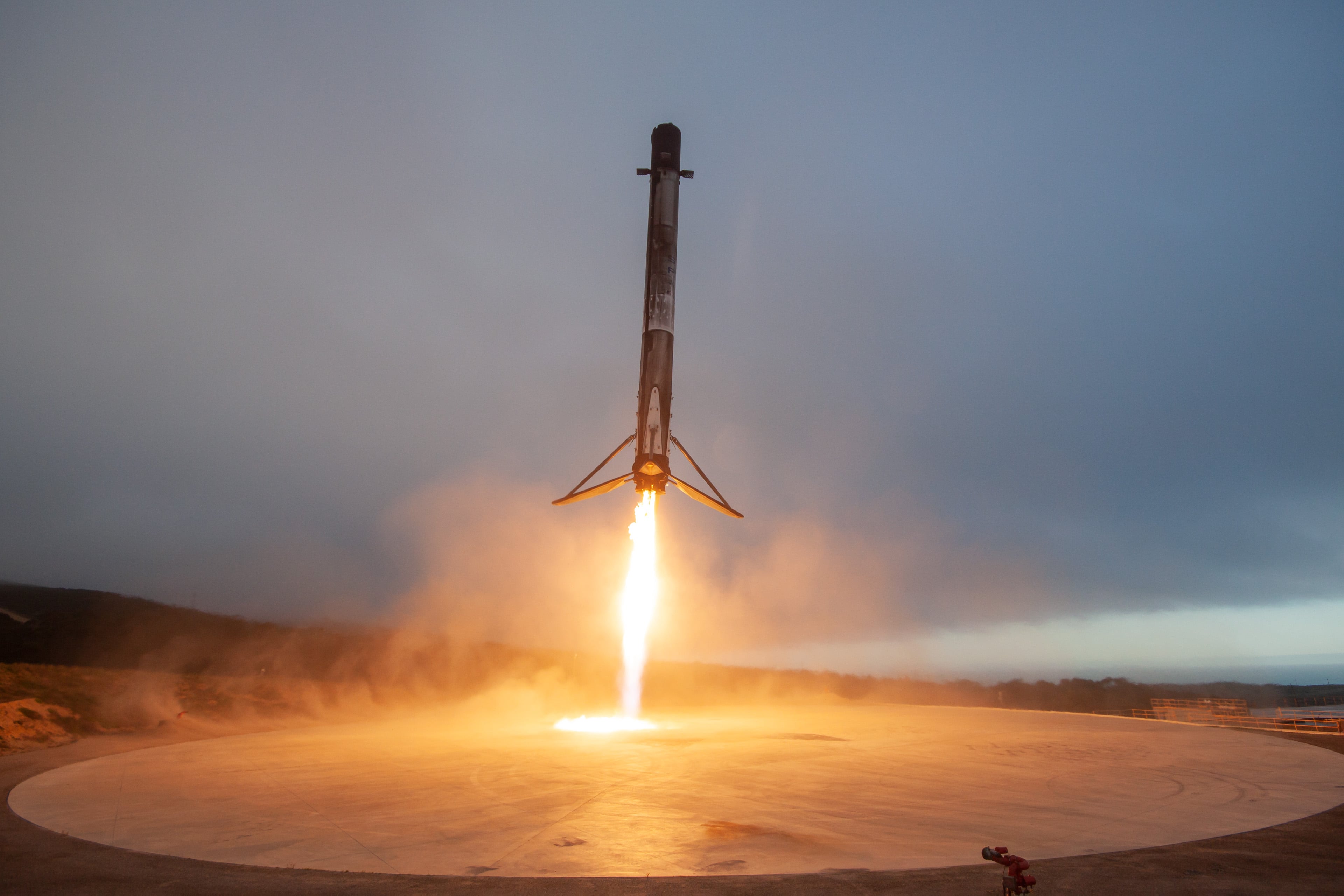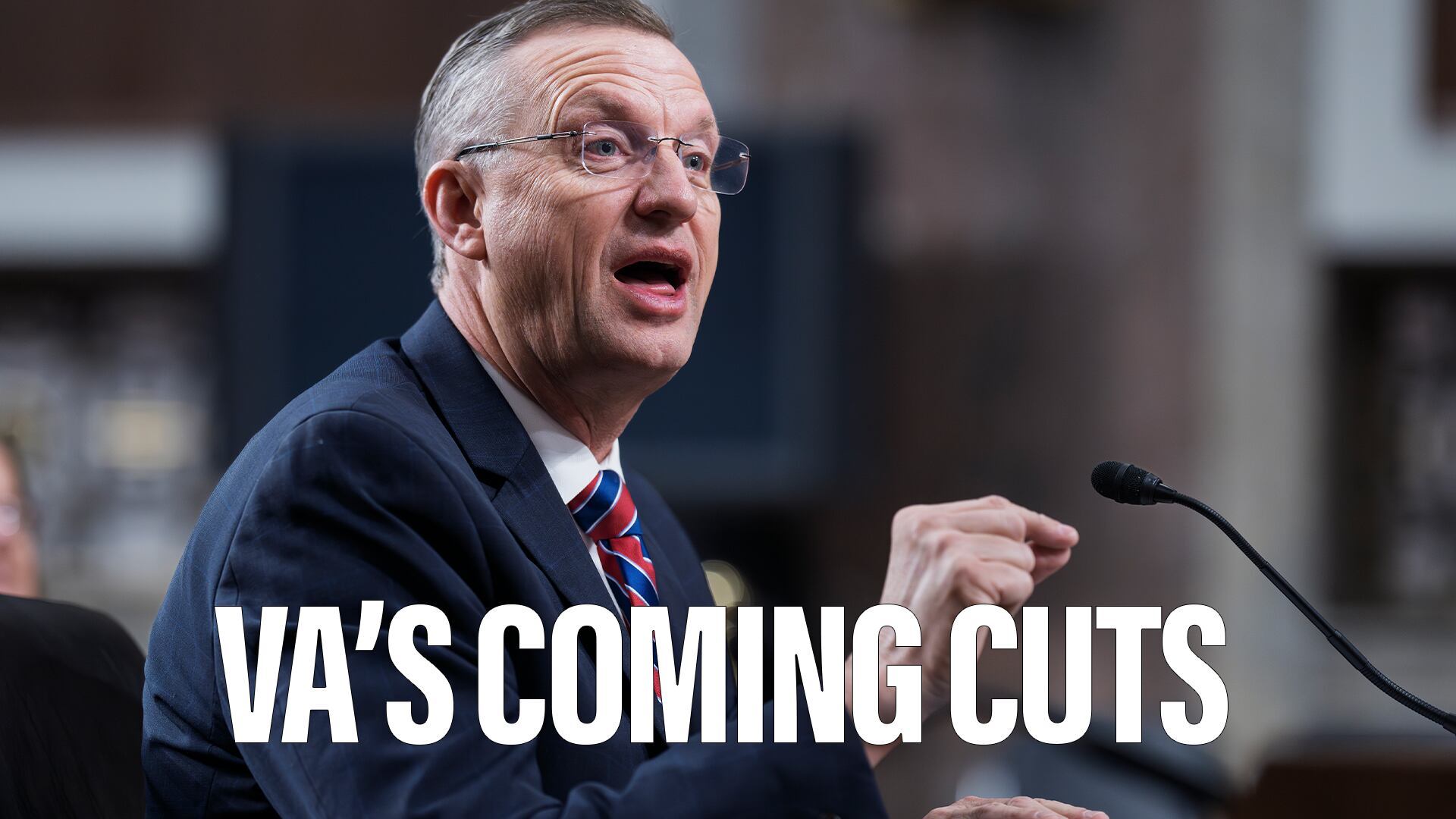COLOGNE, Germany — NATO officials plan to spend $1 billion on upgrades to the alliance’s fleet of AWACS reconnaissance planes, according to Secretary General Jens Stoltenberg.
“I can confirm we will sign a contract upgrading, modernizing the AWACS fleet — $1 billion,” Stoltenberg was quoted as telling reporters ahead of a meeting of NATO foreign ministers in Brussels on Wednesday.
The news comes coupled with an announcement that the first of five Global Hawk drones making up the Alliance Ground Surveillance program was en route from the United States to its future home base at Sigonella, Sicily.
“This reflects how NATO is investing in high-tech capabilities,” NATO spokeswoman Oana Lungescu wrote on Twitter.
The Boeing-made AWACS planes, introduced in 1982, are slated to remain in service until 2035. Their job is to detect enemy missiles and aircraft threatening NATO airspace. Alliance pilots have flown the aircraft to support missions against the Islamic State group and to secure the eastern flank in the wake of Russia’s annexation of Crimea in 2014.
NATO’s website bills the AWACS enterprise as the “largest collaborative venture” and one of the few military assets owned and operated by the alliance.
The fleet of AGS drones is based on the Northrop Grumman-made Block 40 Global Hawk of the U.S. Air Force. The primary job of the UAVs will be ground and maritime surveillance for commanders and deployed forces.
The two announcements come as the alliance is in dire need of signs of life after French President Emmanuel Macron famously declared NATO “brain dead” in an interview with the Economist magazine some weeks ago. While experts are still debating whether the vivid assessment was constructive in nature or rather an unnecessary dig at an alliance already weakened by trans-Atlantic squabbling, there are signs that key European nations like Germany and France have plans to reanimate the pact.
German Foreign Affairs Minister Heiko Maas on Wednesday referred to the alliance as Europe’s “life insurance,” proposing a reform commission headed by Stoltenberg.
NATO members’ heads of state are slated to convene in London in early December. U.S. President Donald Trump is expected to attend the summit, determining in large part whether the alliance will be able to celebrate a revival or witness something of a funeral.
Sebastian Sprenger is associate editor for Europe at Defense News, reporting on the state of the defense market in the region, and on U.S.-Europe cooperation and multi-national investments in defense and global security. Previously he served as managing editor for Defense News. He is based in Cologne, Germany.








